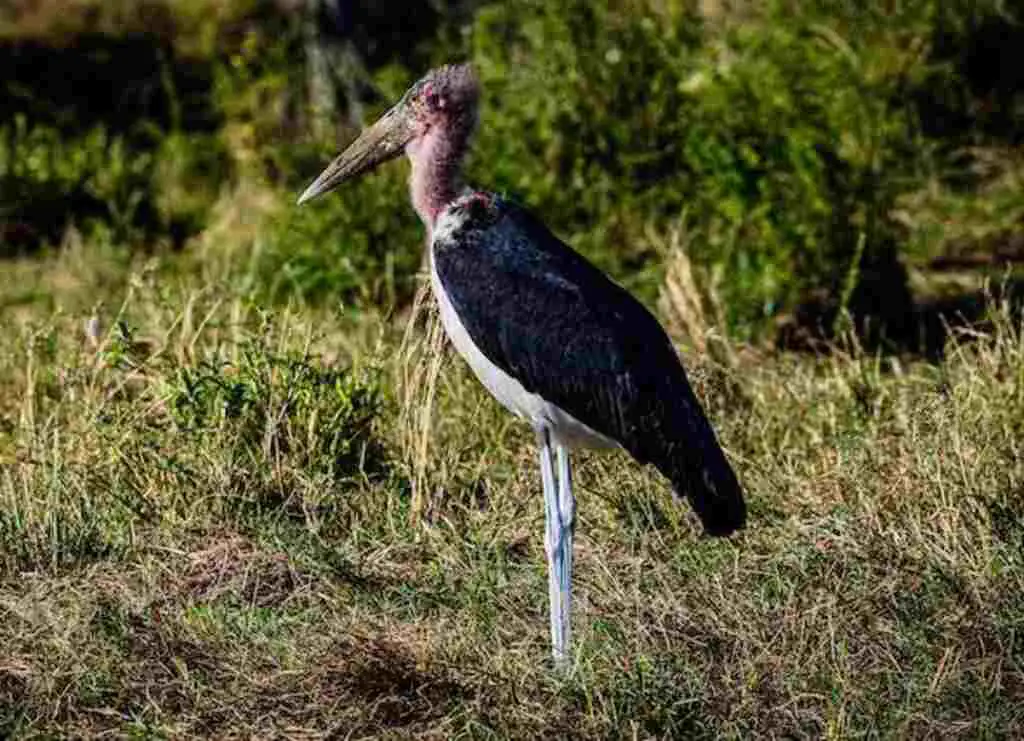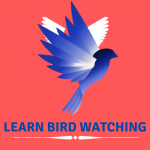I am automatically tagging @mimes1 and @scrap-genie since I know they are my bird friends (at least that is what I tell myself LOL!) but anyone if anyone else wants to be my birding friend, I need your help too. ♥
I have been trying really hard to learn some bird IDs visually. I am getting sort of comfortable with most of the backyard birds in NJ, but I need help with figuring out finches vs sparrows. I looked online for the answer and it seems like the biggest trick is to "look at the bills." Well, the bills look the same to me!
They seem so "ordinary" --brownish, stripe-y ish, smallish that I can't seem to latch onto a unique marker to stand out in my mind. I'm sure that part of it is flight patterns or behaviors too but with it being so cold, I haven't had much chance to be outside long enough to observe.
Please help, what am I missing?
Thank you!
I have been trying really hard to learn some bird IDs visually. I am getting sort of comfortable with most of the backyard birds in NJ, but I need help with figuring out finches vs sparrows. I looked online for the answer and it seems like the biggest trick is to "look at the bills." Well, the bills look the same to me!
They seem so "ordinary" --brownish, stripe-y ish, smallish that I can't seem to latch onto a unique marker to stand out in my mind. I'm sure that part of it is flight patterns or behaviors too but with it being so cold, I haven't had much chance to be outside long enough to observe.
Please help, what am I missing?
Thank you!
 Cornell Lab even has whole classes for Sparrow Identification.
Cornell Lab even has whole classes for Sparrow Identification.



